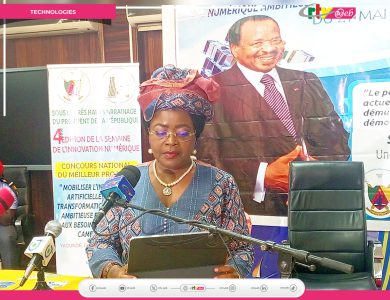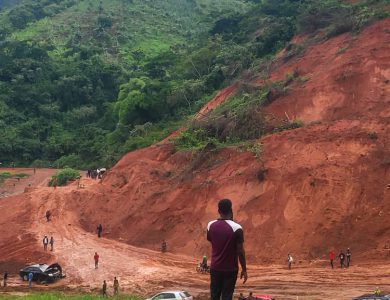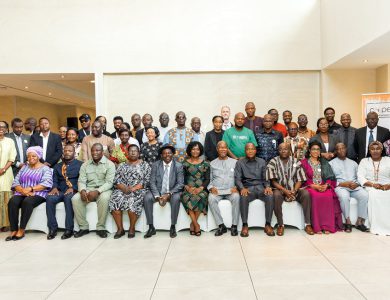eBASE Africa has began reflecting on innovative ideas of a future-ready tailored educational system in Africa .
Education experts from across the globe, comprising researchers, inclusive education advocates, university students and lecturers discussed the need for Africa to have a future-ready educational system at a zoom fire-side meeting on 29th January.
It was the first in the series of webinars organized by eBASE Africa in prelude to the Education Indaba 2025 conference, scheduled to take place from 31st March -2nd April in Limbe on the theme, “Bridging the Gap: Transforming Education in Africa for the 21st century from 31st March -2nd April 2025.”
Akah Glory, head of Publication at eBASE Africa moderated the one-hour discourse on the role of future-ready education in transforming education in Africa.
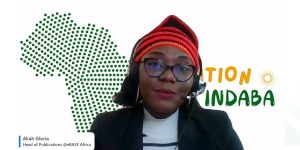
Three similar webinars have been scheduled to extend discussions on the search for a concrete pathway to future-ready education in Africa.
Organizers say they are looking to “examine how education can be reimagined to start transformation from communities, harness limited resources, and prepare for the next 100 years of learning.”
According to eBASE Africa, 98 million children in Sub-Saharan Africa do not go to school. This problem is compounded by a rise in learning deficits from 86-90% since the outbreak of the #COVID19 pandemic.
Future-ready learning is not only designed to arm learners with skills, knowledge and the mindset necessary for future success, but increase school attendance.
During the one-hour discourse, the main speaker of the webinar, Daniel Dostse, underscored the need for educators to craft new designs for their learners. The educationist and co-founder and CEO of Lead for Ghana said educators should plan “around things that won’t change, and understand that parents want good, and affordable education.”
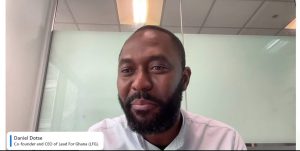
Participants also highlighted the importance of adopting technology in advancing education in an ever-evolving world.
According to Dotse, school curricular should be adapted to learners’ current needs, while teachers become masters of their content.
“Curricular should shift as the world is shifting. Learners should be exposed and inspired by different educational systems in other countries,” Dotse said.
What Can Communities Do ?
Communities in Africa play a key role in the overall education of kids in, and out of learning the environment.
Aside teachers’ efforts, experts say communities can ensure that learning outcomes are relevant and align with new realities that come with the changing world.
This is why the educationist calls on communities to join the quest for a transformed educational system. However, he says the call is primarily that of elites.
“Elites of any society are guardians of that society. They should show the value of education to their communities,” Dotse said.
The Education Idaba conference will be a time for stakeholders to transform Africa’s educational system. Registration for the conference is ongoing at https://educationindaba-ebaseafrica.org/register-2/
Kathy Neba Sina






